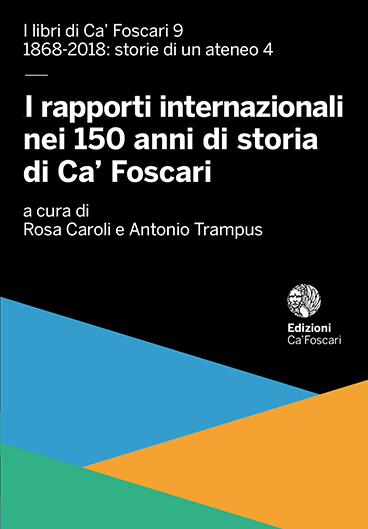- search 358 views
- file_download 9 download
- keyboard_capslock metadata
-
mark_email_readIscriviti alla newsletter
Luigi Casati: from Alumnus of the Regia Scuola di Commercio to Last Italian Consul to the Great Empire of Korea
abstract
After studying Japanese language at Ca’ Foscari in the early 1870s, Luigi Casati spent most of his diplomatic career in Japan. Later, he moved to the Great Empire of Korea that, under the Eulsa Treaty of 1905, had become a protectorate of Japan. Casati was Italian consul in Seoul for about three years, and here he spent his final days with two of his daughters. Diplomatic records indicate that at the time Italy was trying to expand its economic presence on the peninsula through the acquisition of a gold mining concession and the increase of trade but, unlike his predecessors (one authored several books and articles and another was a favourite of the small expat community), little has been published about the Casati family’s daily interactions. Through the use of contemporary English-language and Korean newspapers and family history, this paper reveals the final years and resting place of Casati, who died in December 1909. After little more than 8 months later, Japan annexed the peninsula making Luigi Casati the last Italian Consul to the Great Empire of Korea.
Keywords: Luigi Casati • Yanghwajin Foreigners’ Cemetery • The Great Empire of Korea • Early Italian-Korean diplomatic relations




